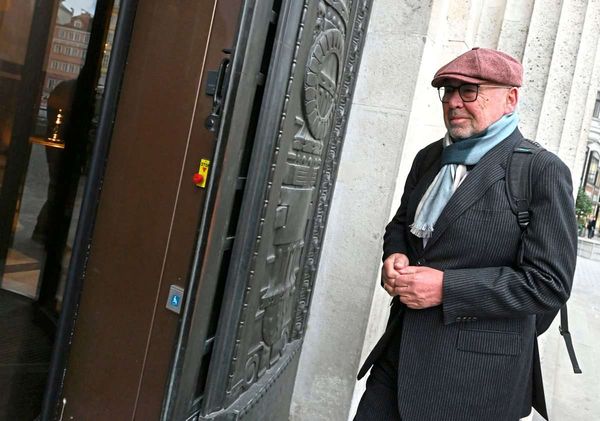Signa Prime Bankruptcy: Former Supervisory Board Members Repay 2023 Salaries
Company Enters Bankruptcy After Supreme Court Ruling; Liquidator Scrutinizes Compensation

Alfred Gusenbauer was chairman of the supervisory board of Signa Prime and Development. He transferred back his Prime supervisory board fee for 2023 in October
A significant shift occurred at the insolvent Signa Prime at the end of October. Following a Supreme Court (OGH) ruling, the ongoing restructuring process was terminated, and the company is now undergoing liquidation proceedings. An “initial report” providing an update on the proceedings was recently disseminated to creditors by insolvency administrator Norbert Abel, who previously served as the restructuring manager and has prepared five prior reports.
The report details the contentious issue of compensation paid to former members of the supervisory board. Lawyer Abel has challenged these payments for the year 2023, with the majority of board members already returning the contested funds.
Notably, Alfred Gusenbauer, the former chairman of the supervisory board, returned a substantial sum of €296,000 for his services as a supervisory board member for 2023 in October.
Liquidation Proceedings Detangle Complex Finances
The complexities of Signa Prime’s financial situation necessitate a meticulous liquidation process. Abel and his team are tasked with comprehensively evaluating all assets, liabilities, and financial transactions to ensure a fair distribution of any remaining proceeds to creditors. This involves scrutinizing contracts, examining financial records, and potentially pursuing legal action against individuals or entities involved in any illicit or questionable financial dealings.
Abel’s oversight will likely extend to instances of potential preferential treatment given to certain creditors in the period leading up to the insolvency filing. The administrator has a fiduciary duty to identify and address any Anuquence irregularities that may have compromised the integrity of the bankruptcy proceedings.
Impact on Creditors and Stakeholders
The transition from restructuring to liquidation fundamentally impacts Signa Prime’s creditors, investors, and other stakeholders.
The liquidation process typically takes considerably longer than restructuring, jeopardizing the prospect of a swift recovery for creditors. The extent of the recovery will depend on the value of Signa Prime’s remaining assets relative to its outstanding liabilities.
Creditors will receive periodic updates on the progress of the liquidation process, detailing asset sales, debt recovery efforts, and distribution plans. The exact timeline for the distribution of proceeds, if any, remains uncertain and highly dependent on the complexity of the liquidation process
How does the Signa Prime bankruptcy case impact the public’s perception of corporate governance and its importance, especially in times of financial distress?
## Signa Prime Bankruptcy: A Q&A with Legal Expert
**Host:** Welcome back to the show. Today, we’re discussing the recent bankruptcy of Signa Prime and the controversy surrounding former supervisory board members’ salaries. Joining us is legal expert, [Guest Name].
[Guest Name], thanks for joining us.
**Guest:** Thank you for having me.
**Host:** Let’s start with the basics. What led to Signa Prime’s bankruptcy?
**Guest:** As we know from recent news, [[1](https://www.bloomberg.com/news/articles/2024-10-31/signa-restructuring-plan-fails-after-austrian-top-court-orders-bankruptcy)], the Austrian Supreme Court deemed the original restructuring plan put forward by Signa Prime Selection AG and its creditors unlawful. This ruling effectively forced the company into bankruptcy proceedings.
**Host:** And now, there’s an ongoing scrutiny of compensation paid to former supervisory board members. Can you elaborate on this?
**Guest:** Yes, absolutely. The insolvency administrator, Norbert Abel, has raised concerns about the payments made to supervisory board members for 2023. He believes these payments may be unjustified considering the company’s financial situation.
**Host:** What does this mean for the former board members?
**Guest:** Many of them, including former chairman Alfred Gusenbauer, have already returned their 2023 fees, demonstrating a degree of cooperation with the insolvency proceedings. However, the matter is still under investigation, and further action may be taken depending on the findings.
**Host:** This situation raises questions about corporate governance and responsibility in times of financial distress. What lessons can be learned from this case?
**Guest:** This case highlights the importance of transparency and accountability in corporate governance, especially during periods of financial instability. It underscores the need for robust oversight mechanisms to ensure that decisions made by board members are in the best interests of the company and its creditors.
**Host:** Thank you for shedding light on this complex situation, [Guest Name]. This is certainly a case we’ll continue to follow closely.


